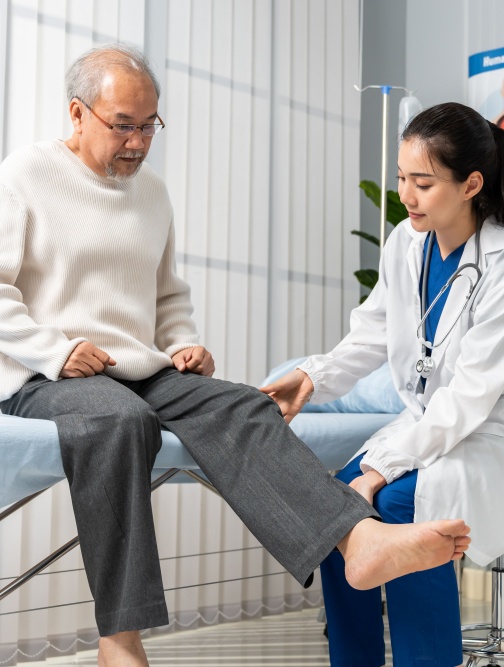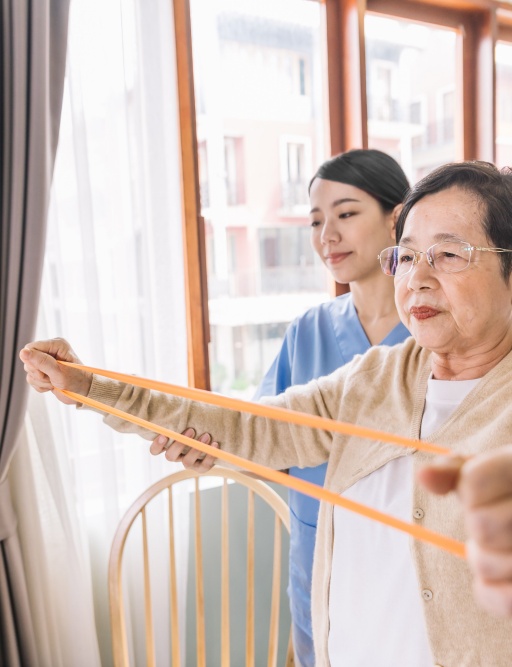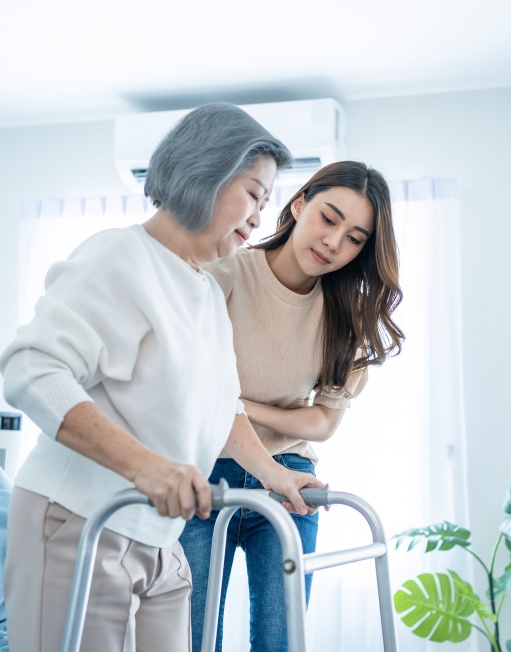

The amount of recovery someone will make and the amount of time it takes varies. The biggest improvements usually take place in the early weeks or months, but recovery may continue for years. Depending on the type and extent of the stroke, some people make an almost full recovery. Some people recover enough to be able to do many of the things they did before, but may perhaps require some support.

The fastest recovery takes place in the first few months. After that progress can be slower. However, people can continue to improve for months or years. Each person recovers at their own rate.

During rehabilitation, you work with therapists. The therapist assesses you, and talks to you about your goals and what you want to achieve from the therapy. Together you make plans for reaching your goals.
Stroke survivors and professionals share their tips on staying positive and motivated:

Practising your exercises can be very hard work, so get help from family members or friends.

Some stroke survivors say a positive attitude can help you succeed in rehabilitation.

Try to work movement or exercises into everyday tasks.

Setting achievable goals that are meaningful to you can help keep you motivated.

Making a regular note of your activities
The discharge process should ensure that you get all the support you need. You and your family will be involved in planning your discharge. The discharge plan covers:
- Rehabilitation
- Medical treatment
- Care at home
- Equipment you may need
- Follow-up
Early Supported Discharge
You may be able to leave the hospital soon after a stroke as long as you can move from your bed to a chair and have a safe home environment to go to. Rehabilitation continues at home.


- Ask therapists if you can be involved in rehabilitation.
- Encourage the person to take on family responsibilities right from the start
- Encourage them to do as much as they can, right from the start
- Be patient. Things can take longer after a stroke. They may be relearning some basic skills.
- Be positive. Recovering from stroke is a slow process and so your praise is needed for every sign of progress however small.
- Reassure the person that you are caring for that things can get better, especially when progress seems slow.
- Every time someone does an activity like communicating, walking or writing, it helps to repair some of the connections inside the brain that allow the person to relearn skills.
